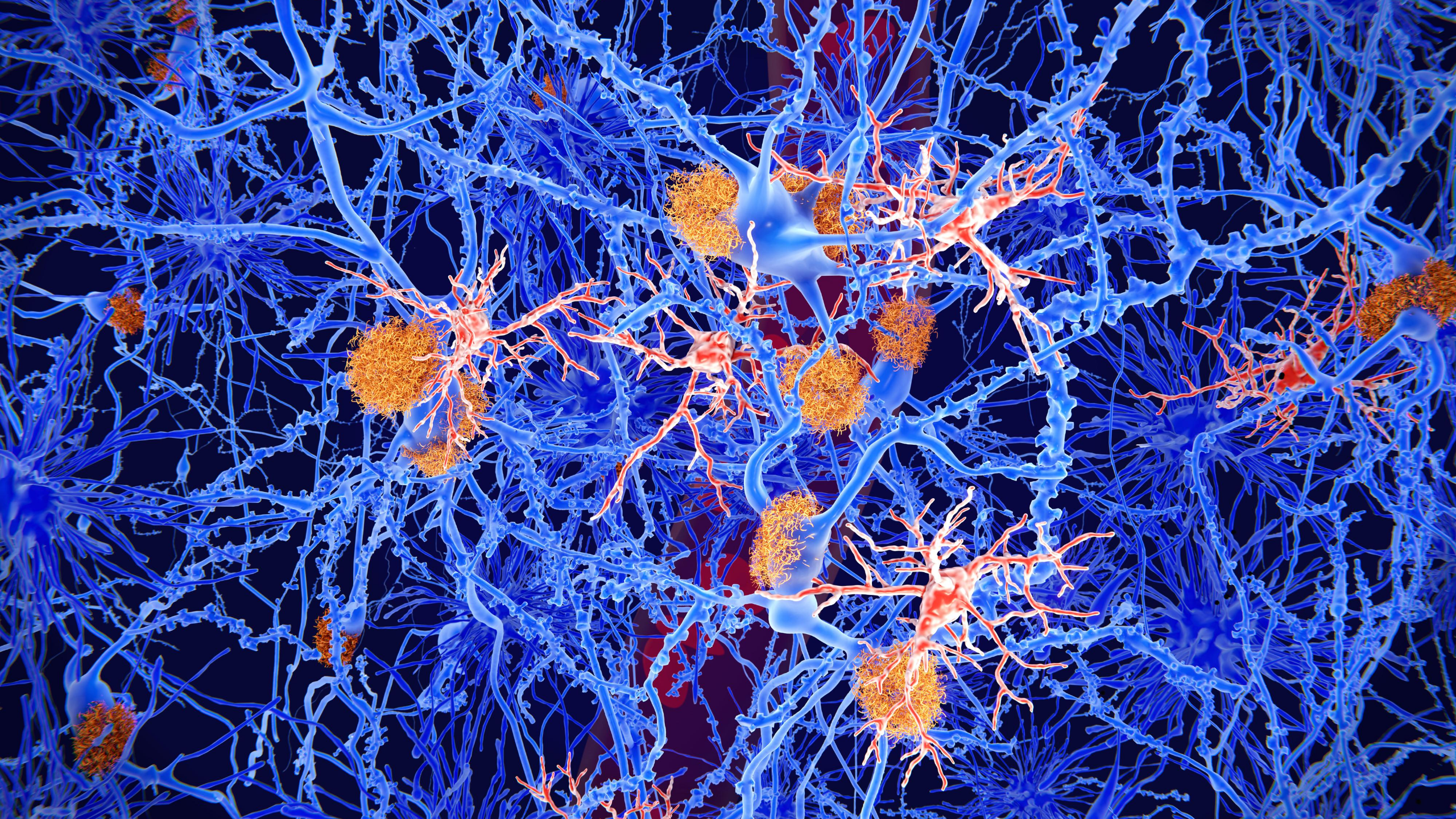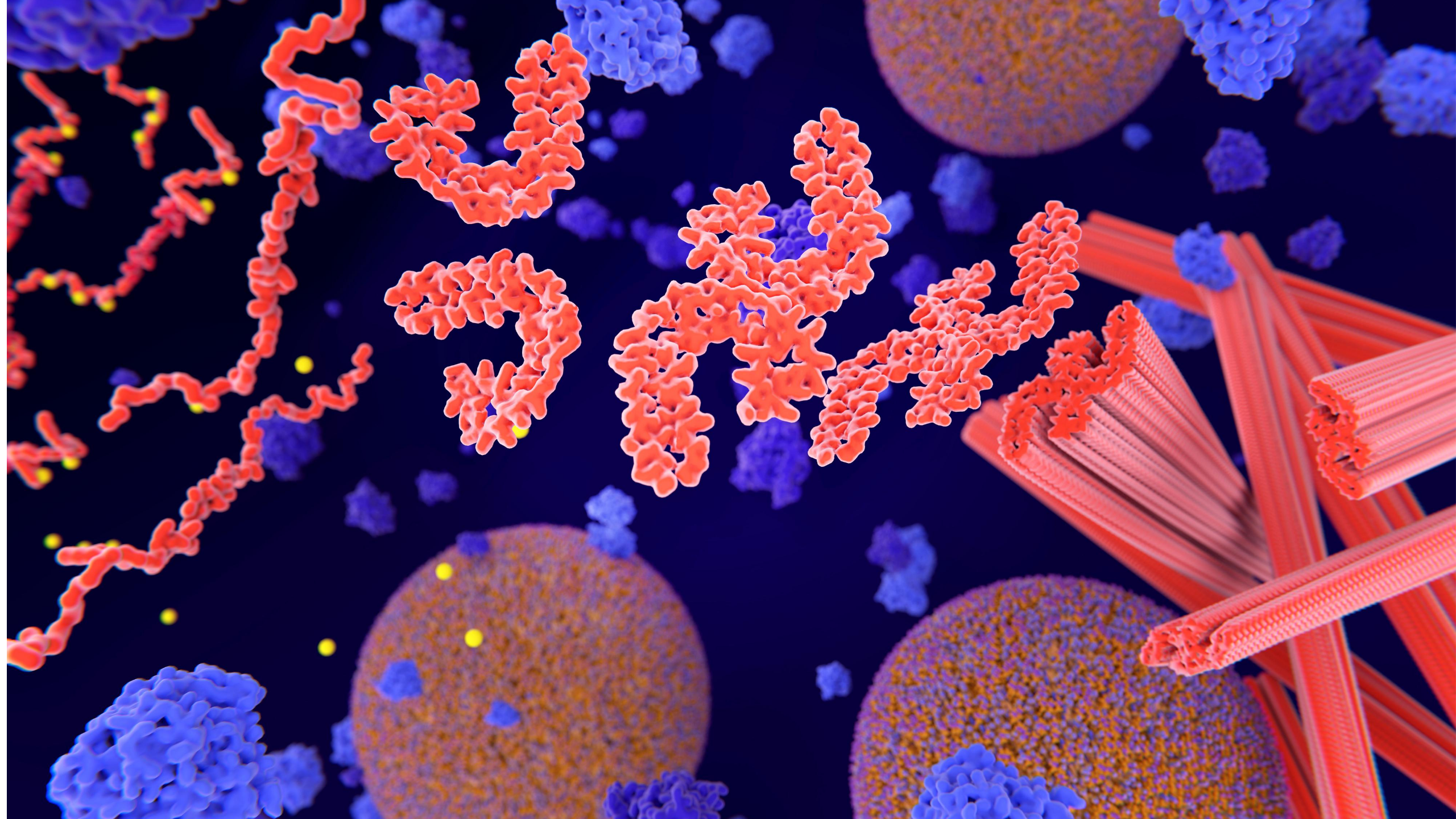How to PREVENT DEMENTIA NATURALLY? 5 PROVEN WAYS!
Has this happened to you?
You left your keys somewhere and you can’t find them. You walk into a room and you don’t know why you are there. Are these the first signs of dementia?
In this article we will examine five natural ways to prevent dementia.

Unfortunately, there are no disease modifying drugs to stop progressive dementia or to cure the disease. However, the good news is that there are certain steps you can do (ideally earlier on) to live a healthier life.
There are different types of dementia.
The most common type being Alzheimer’s dementia making up about 70% of the dementia cases. In Alzheimer’s dementia there is an abnormal buildup of proteins in brain cells and around brain cells. These proteins are neurotoxic meaning they cause damage to the brain cells. One of the proteins involved is called amyloid, deposits of which form plaques around brain cells. The other protein is called tau, deposits of which form tangles within brain cells. As brain cells become affected, there’s also a decrease in chemical messengers (called neurotransmitters) involved in sending messages, or signals, between brain cells. This damage interferes with the ability of brain cells to communicate with each other.


When brain cells cannot communicate normally, normal everyday actions which you & I take for granted are affected such as thinking, behavior and feelings. This is because regions in the brain are damaged. Alzheimer’s disease usually first damages the hippocampus, leading to memory loss and disorientation.
It later affects areas in the cerebral cortex responsible for language, reasoning, and social behavior.
So that means when cells in a particular region are damaged, that region cannot carry out its functions normally.
It’s normal to occasionally forget recent events such as where the keys were last placed or the name of the person you just met especially if not paying attention for short term memory to be formed. However,If it is consistent, affecting your quality of life and you are unable to formulate a plan to retrace your steps, it is a problem worth looking into more carefully.
What FIVE things you can you do to prevent dementia?
1.EXERCISE:
Exercise has many known benefits such as reducing the risk of cardiovascular disease and diabetes, strengthening the bones and muscles. Moreover physical activity seems to help your brain not only by increasing the blood to the brain, but also by increasing chemicals that protect the brain and raising your HDL cholesterol( good cholesterol). When we age, there is a natural reduction in brain connections. Exercise can also lead to the formation of new brain synapses and protect brain cells from dying.
In a study by Dr.Baker: (Professor from Wake Forrest School of Medicine) she concluded that:
So how much exercise should we do?
Exercising several times (3-4) a week for 30 to 60 minutes may such as brisk walking, (slow)jogging, cycling, dancing.
According to the WHO: At least 150 minutes of moderate physical activity per week, including strength training, yields not just physical benefits, but cognitive ones as well.

.
2.Blood pressure Control:

Let me give you 2 examples of studies or opinions regarding this:
The American Heart Association/American Stroke Association (AHA/ASA) concluded that blood pressure lowering to lower the risk of post-stroke dementia is effective and that it is reasonable to lower blood pressure in mid-life to lower the risk of late-life dementia.
In the NEJM research based on the Framingham Heart Study examined the potential role that cardiovascular health—including blood pressure—plays in dementia. The study did show improvements in dementia rates, however only in participants who had a high school diploma. The findings showed that earlier diagnosis and more effective treatment of stroke and heart disease likely contributed to a lower incidence of dementia.
3.Cognitive training
When looking at population studies, these show that education increases cognitive reserve. In the earlier study mentioned (Framingham study), found that participants with at least a high-school diploma benefited the most from declining dementia rates, compared with participants with less education: that is reduced risk of dementia.
What would I advise to activate our brain cells: learn a new skill, pursue learning new language, actively read, crossword puzzles. For example, a study of nearly 2,000 cognitively normal adults 70 and older found that participating in games, crafts, computer use, and social activities for about 4 years was associated with a lower risk of MCI(mild cognitive impairment.)
4:DIET:
According to the WHO: They examined several population studies, and recommend a Mediterranean diet, which is high in fish, fruits, nuts, and vegetables as this was associated with lower rates of dementia.
Then there is the MIND diet—a combination of the Mediterranean and DASH (Dietary Approaches to Stop Hypertension) diets.

This was a diet heavy in leafy green and other vegetables, nuts, berries, beans, whole grains, fish, poultry, olive oil and wine (in moderation). Their diets were limited in red meat, butter, cheese, sweets and fried and fast foods.
5.Sleep:

In a 2015 study looking at sleep and associated amyloid plaques in brain regions reported and I quote: “that self-reported sleep quality, but not quantity, was associated with amyloid plaques in brain regions typically affected in AD”. This just means that the participants in the study who reported sleeping problems had a higher association of amyloid plaques.
There are also other theories that speculate that toxic substances like the aforementioned tau proteins and amyloid plaques are simply “washed away” with better quality sleep.
So, looking at these studies poor sleep, insomnia appear to be risk factors for AD.
6.Combination
My general recommendation would be a combination of the recommendations I wrote about earlier in this article.
In a recent study in Neurology looked at 5 behaviors .They were associated with a lower risk for Alzheimer’s disease. The 5 behaviors were:
- not smoking,
- consistent moderate or intense physical activity,
- light to moderate alcohol consumption,
- a high-quality Mediterranean-style diet,
- and engagement in late-life cognitively challenging activity.
Think your health and have a good day. See complete YT video here.here
Sources:
- 1)https://www.who.int/news-room/fact-sheets/detail/dementia
- 2)https://www.ncbi.nlm.nih.gov/pmc/articles/PMC3258000/
- 3)https://brainwellness.com/2015/12/exercise-slows-progression-of-tau-in-people-with-early-alzheimers-no-drug-can-do-this/
- 4)https://pubmed.ncbi.nlm.nih.gov/20847403/
- 5)https://alz-journals.onlinelibrary.wiley.com/doi/full/10.1002/trc2.12109
- 6)https://www.alz.org/aaic/_downloads/thurs-1130am-exercise.pdf
- 7)https://www.nih.gov/news-events/news-releases/combination-healthy-lifestyle-traits-may-substantially-reduce-alzheimers#:~:text=Those%20who%20adhered%20to%20four,quality%20diet%2C%20and%20cognitive%20activities.
- 8)https://www.ncbi.nlm.nih.gov/pmc/articles/PMC4523445/
- 9)https://pubmed.ncbi.nlm.nih.gov/28135351/





